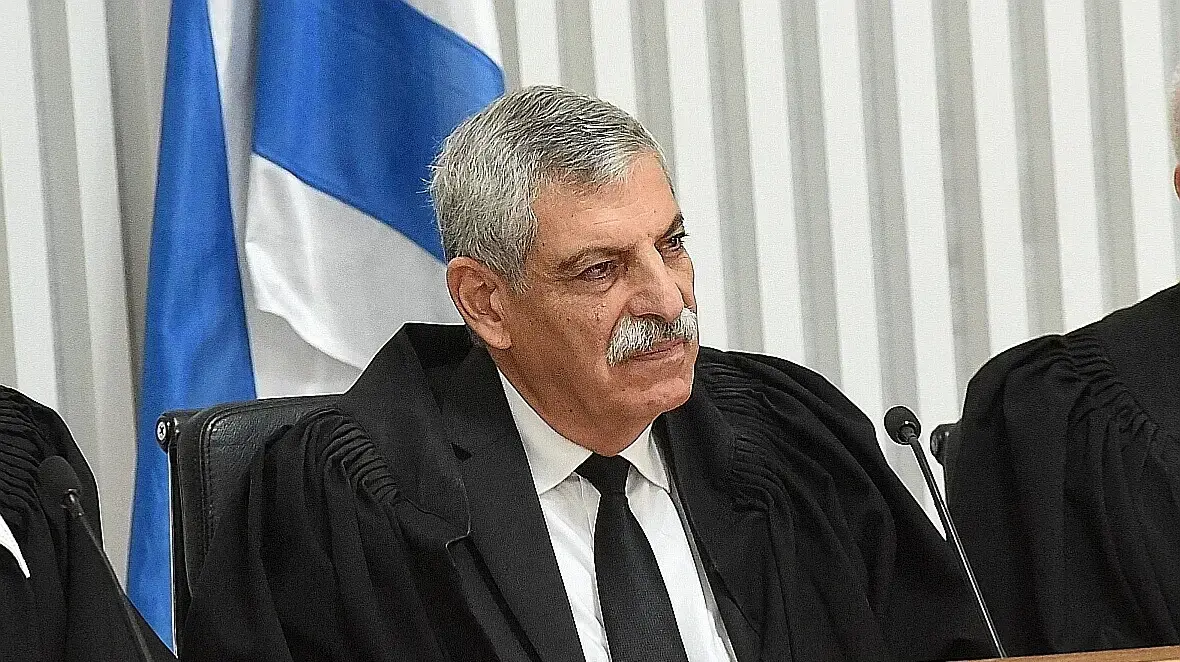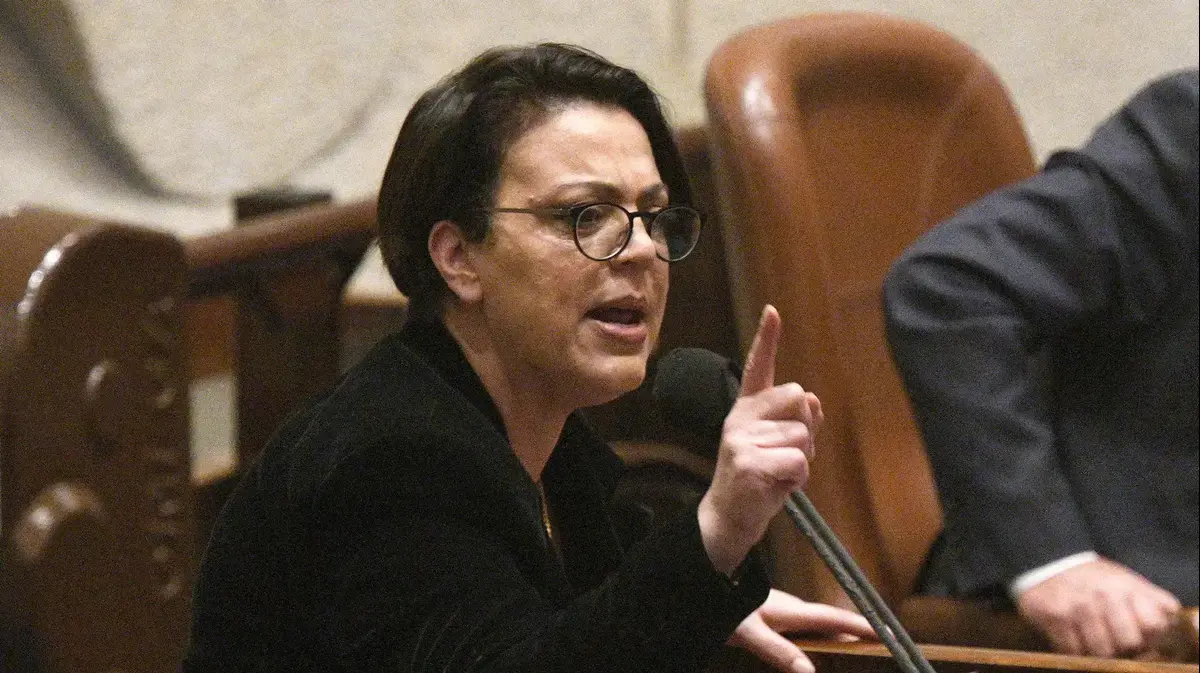Senior Likud officials asked Finance Minister Smotrich to include in the State Budget Arrangements Law - a law that would correct the wage disparity between senior public sector officials. In fact, the law will establish equal pay between the head of the judiciary, the president of the Supreme Court, the head of the executive branch (the Prime Minister) and the head of the legislative branch (the Speaker of the Knesset).
The goal: to correct the situation in which the supreme president and supreme judges earn much more than the prime minister.
and also to compare the salaries of the ministers with the salaries of the supreme judges.
Likud faction meeting, photo: Likud spokespersons
In addition, it is proposed that the wage bearers will not determine their wages.
That is, the Finance Committee and the Knesset Committee will not determine the salaries of the MKs and senior officials, but a public committee will be established, which will determine the salary level and grade of all senior salary holders in the public sector.
Soon, an increase in the salaries of MKs, ministers and judges is expected in line with the increase in the average salary in the economy, which has been frozen since the Corona crisis. According to the recommendation of the Albashan Committee, the salary of MKs will increase by 5.1% and not by 12.5% as the rest of the average salary in the economy has increased.
The Chairman of the Finance Committee, Moshe Gafni, said that he will apply the reduced increase to other office holders as well, such as ministers and judges, and not only to the MKs.
Today, before the expected increase, the prime minister's salary is NIS 56,345.
The salary of the Speaker of the Knesset is the same, while the salary of the President of the Supreme Court is NIS 104,000. Also, the salary of a minister in the government is 50,673 NIS, while the average salary of a Supreme Court judge is about 80,000 NIS.
President of the Supreme Court Esther Hayut, photo: Oren Ben Hakon
As mentioned, these are high disparities which result, among other things, from the salary increases to which the judges are entitled, such as a salary component with a high weight for seniority, more than in most professions in the country.
We note that the law that Smotrich was asked to review for inclusion in the Settlements Law was submitted in the previous Knesset by Justice Minister Yariv Levin.
According to the law submitted by Levin, an external public committee will be established, which will determine the salary of the president of the country and from which the salary of the other senior officials in the public service will be deducted.
The law does not specify the amounts, but in light of the fact that Smotrich supported cutting the rate of increase in the salaries of MKs - an assessment that if the reform is indeed implemented, there is a reasonable chance that the judges' salaries are precisely the ones that will be affected, compared to the possibility that the salaries of the Prime Minister, Chairman The Knesset and the President of the State for amounts of more than NIS 100,000, as the President of the Supreme Court now earns.
the salary scale
The grader, which appears in the same law, states that the salary of the Supreme President, Prime Minister and Speaker of the Knesset will be equal to the salary established by the Public Committee for the President of the State, including a comparison of pension provisions, a training fund, additions for seniority and various additional payments, which are embodied in this salary, and whose purpose is not to create gaps between the heads of authorities.
Speaker of the Knesset Amir Ohana, photo: Oren Ben Hakon
In the second tier, the head of the opposition, the Prime Minister and the deputy president of the Supreme Court will earn 94 percent of the salary set for the president.
Ministers, chief justices and chief rabbis will earn 88 percent of the president's salary.
MKs, district court judges, members of the Grand Rabbinical Court and cadets members of the Court of Appeals will earn 76 percent of the salary set for the president. And so the table continues, which is proposed in the submitted law to rank among the senior public service officials.
This initiative in the government to change the issue of salary also came up in the context of the discourse on Moshe Bar Siman Tov's demand to earn as the CEO of the Ministry of Health the same as the manager of a large hospital, more than the salary of the CEO of a government ministry.
Officials in the government claim that it is an absurd situation where a minister earns less than those he supervises, and therefore needs to be upgraded.
The Treasury claims that they are aware of this initiative, and indeed significant reforms will appear in the Settlements Law, but they have not yet started working on the specific proposed law.
It is estimated that even if Smotrich decides to adopt the reform in the matter, he will deal with it only after the negotiations with the Histadrut on the wages of public sector employees.
were we wrong
We will fix it!
If you found an error in the article, we would appreciate it if you shared it with us









